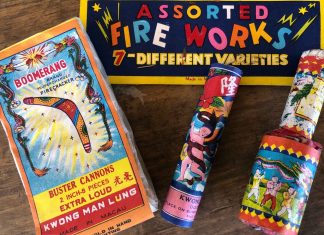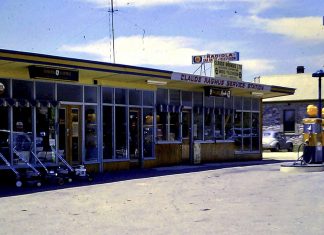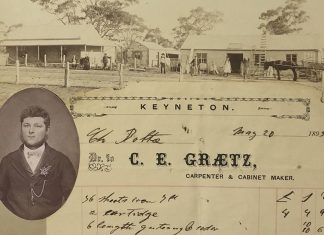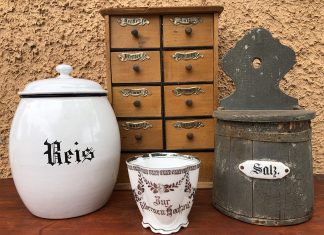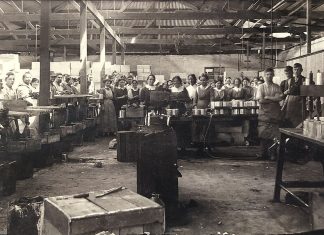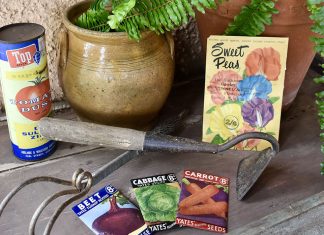Swats, Sprays and Sticky Ribbons: A fly’s fight for survival
Spring signals the beginning of warmer weather, and with it comes the familiar ‘buzz’ of the blowfly. Besides being annoying, the eradication of flies was encouraged when they were labelled as carrying diseases such as typhus, tuberculosis and dysentery in the early 1900s.
Demise of the Barossa Bootmaker
Shoes today can be more of a fashion statement than a practical item of footwear – unlike the boots and shoes worn by the Barossa pioneers. Among the settlers were numerous tradespeople keen to establish business in the area, one being the Bootmaker.
Celebrating with a Bang
Many children growing up in Australia in the 1950s, 60s and 70s may remember one special evening held annually on November 5 – Guy Fawkes Night or ‘Cracker Night’.
Electrifying the Barossa
The early 1900s witnessed the introduction of electricity to the Barossa. As the century progressed, new business opportunities began to flourish.
Gluepot Graetz – A cabinetmaker with flair
German tradesmen were among the original Barossa settlers, and their trade skills were often passed onto their sons. However, Carl Ewald Graetz was the son of farmers, Rudolph and Eleonore Graetz (nee Rothe). Born in Keyneton in 1865, Ewald became an intriguing builder and cabinetmaker.
Early Entrepreneurs Leditschkes of Point Pass
Point Pass is a small town 11km North of Eudunda and like most country towns, it once had a thriving General Store.
The Preserving Works
Lion Brand groceries were produced by D & J Fowler, and their main Adelaide building, topped with a lion statue, still stands at North Terrace as the Lion Arts Factory.
More than just a Chemist
Warnecke’s long running Chemist & Druggist store in Gawler Street, Nuriootpa closed around 1922, leaving an opening for a new pharmacist in town.
A growing Barossa
The mention of Spring conjures thoughts of warmer weather, and to some Spring signals a time to plant seeds for a Summer vegetable garden.
The Tanner and Currier
A receipt from O. E. Juttner dated 1937 declares him a ’Tanner & Currier’. However, this once important trade term has slipped from most people’s vocabulary.




